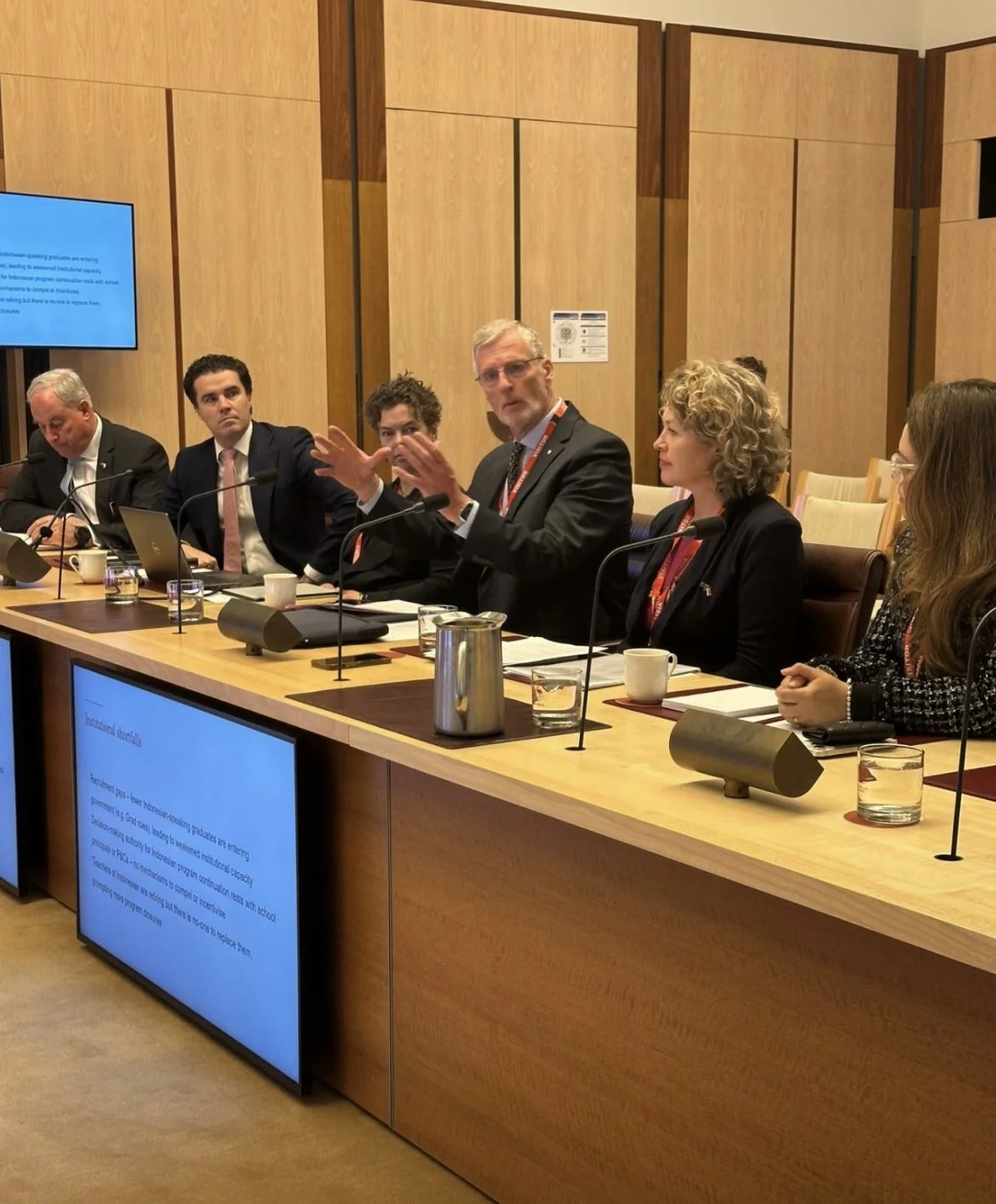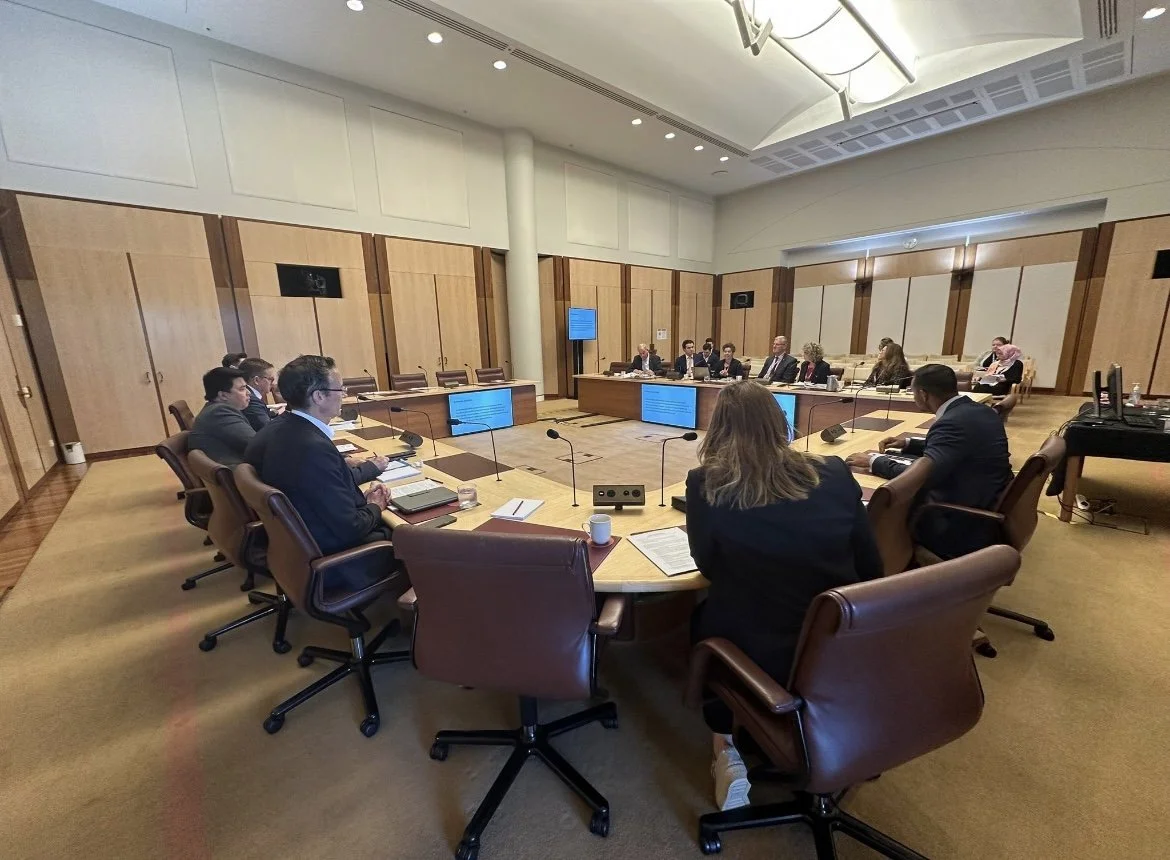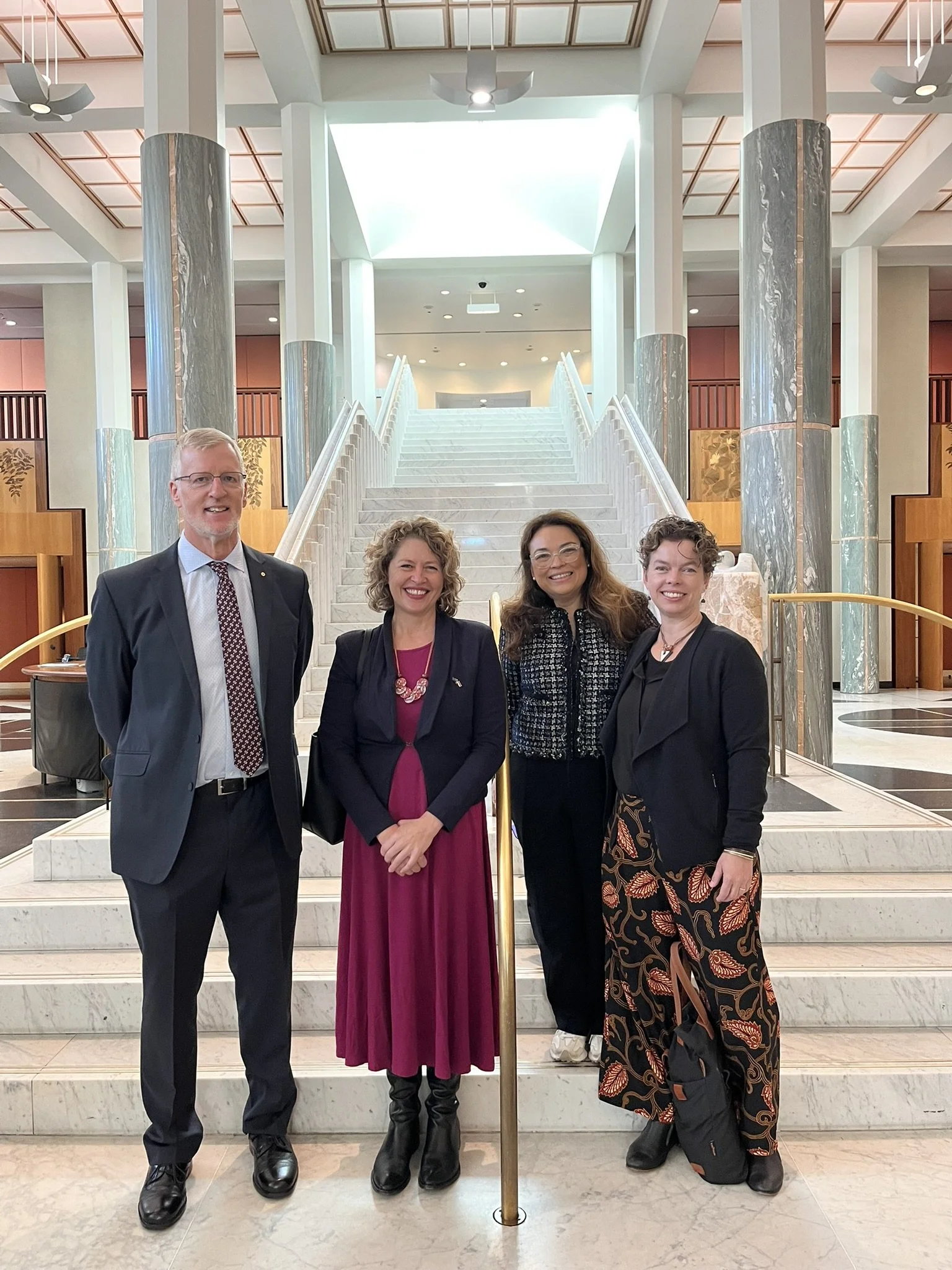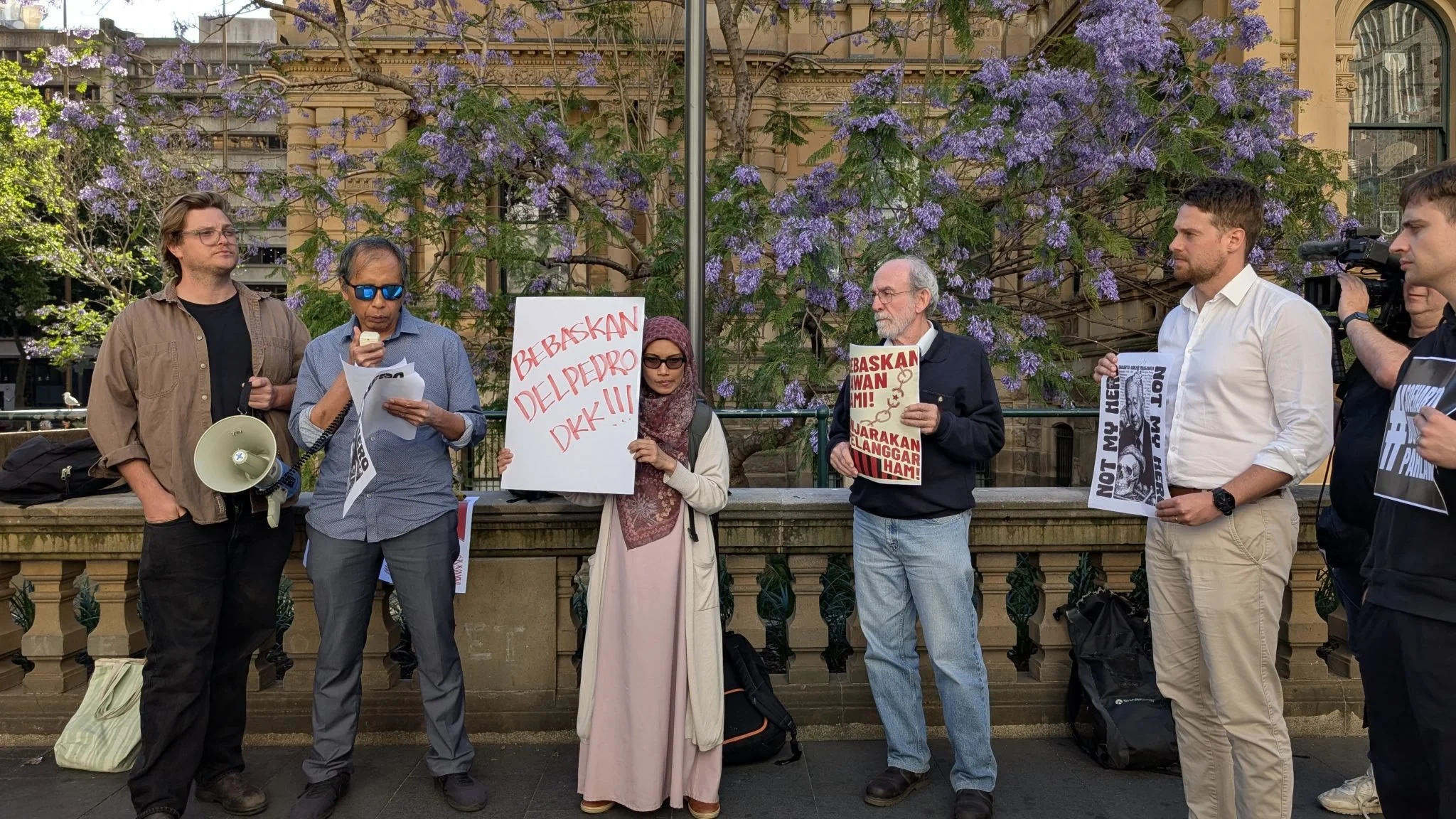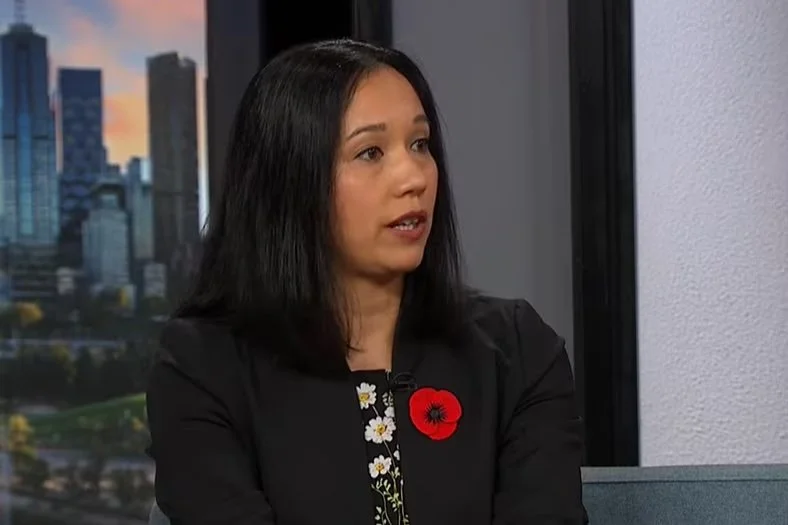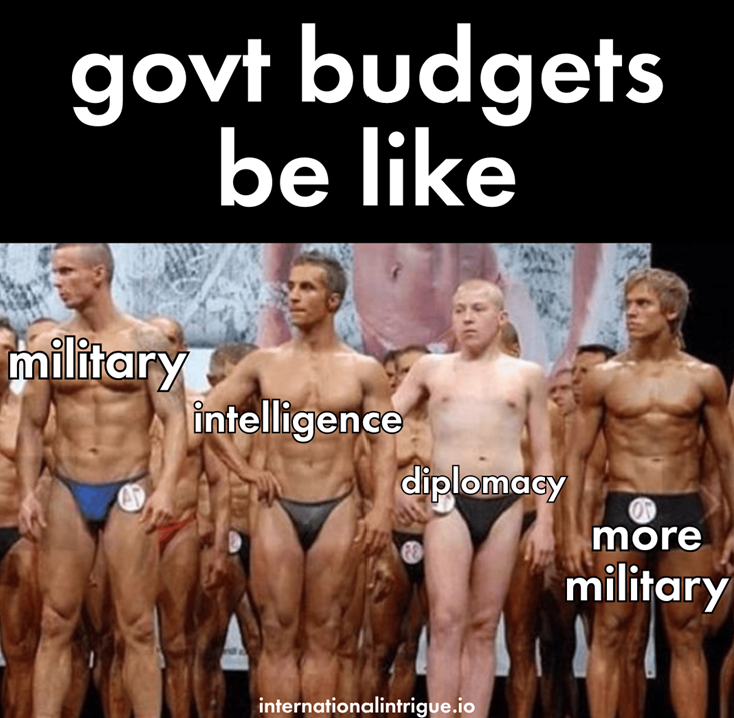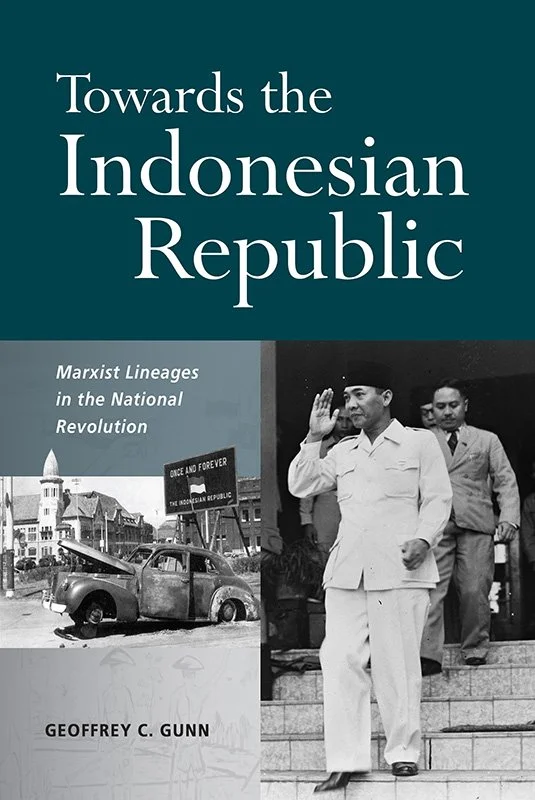Indonesia Council Digest - November 2025
There is no country more important to Australia than Indonesia—so says pretty much every Australian Prime Minister going back decades. Yet despite this consistent rhetoric, meaningful investment in Indonesian capability continues to decline.
This month, the Indonesia Council joined the Monash Herb Feith Indonesian Engagement Centre and Acicis to submit a joint statement to the House Inquiry into Building Asia Capability, chaired by Tim Watts MP.
In it we argue that Australia’s strategic relationship with Indonesia demands more than political platitudes—it requires sustained investment in language and cultural capability across education and professional sectors. You can read our submission here, and view the other 145+ submissions (that’s gotta be some kind of record?) via the Inquiry website.
I’d like to say a warm terima kasih to the IC Exec team – Jeremy Kingsley, Elly Kent, Elisabeth Kramer, Monika Winarnita, Tamara Megaw and Billy Adison Aditijanto – as well as Sharyn Graham Davies and Muhammad Argi Afriandi from Monash, and Liam Prince from Acicis, for their labour and intellectual contributions.
Indonesia Council was also thrilled to attend Parliament House on 6 November, where we had the opportunity to meet with members of the Parliamentary Country Group of Indonesia and Parliamentary Friends of Asia Capability.
Together with a veritable powerhouse of Indonesia-capable colleagues (representing the Australia-Indonesia Institute, the Australia Indonesia Business Council, the ANU Indonesia Institute, ANU College of Asia and the Pacific, the Asian Studies Association of Australia, and Balai Bahasa and Budaya NSW), we made the case that of all Asian studies fields, Indonesian is most urgently in need of support. After 80 years of Indonesian being taught in Australian schools, provision has reached catastrophically low levels—creating critical shortages of graduates with Indonesia literacy for government, business, and education. As one wise attendee observed, Indonesia capability is no longer an opportunity – it is a vulnerability.
A big thanks to Chair Hon Tim Watts MP and Vice Chairs Senator Dean Smith and Senator Richard Colbeck for hosting and engaging with our delegation.
While we were there, we also had the opportunity to meet Petra, an Australia-Indonesia Youth Exchange Program (AIYEP) delegate hosted by Tim Watts’ Electorate Office in Melbourne and visiting Canberra for a few days to see the workings of parliament. What an amazing opportunity, and one she was absolutely making the most of!
Until next month,
Natali
What’s happening
Credit: Kayla Hill / Honi Soit
As I write this newsletter, President Prabowo Subianto is on his first official visit to Australia as President. The visit resulted in a renewed bilateral treaty on common security, as part of which each country has committed to consulting the other instantly if there is any sense of a threat:
“The Treaty will commit the parties to […] Undertake to consult each other in the case of adverse challenges to either party or to their common security interests and, if appropriate, consider measures which might be taken either individually or jointly and in accordance with the processes of each Party”.
The visit came hot on the heels of Prabowo’s deeply unpopular decision to recognise his former father-in-law (conflict of interest much?) Suharto as a national hero, which has prompted widespread outrage and anger. As covered in this insightful piece by Kayla Hill for Honi Soit, Indonesian diaspora and allies mobilised at short notice at Sydney Town Hall to protest Prabowo’s arrival.
Courtesy of ABC News Breakfast
Ken Setiawan spoke to ABC News Breakfast about the decision, framing it within the context of the New Order’s human rights abuses, bringing in responses from civil society and survivors of human rights abuses, and reflecting on what this development says about the state of Indonesian democracy and human rights.
You can read more in Hellena Souisa’s article for the ABC: “Indonesia accused of 'twisting facts' as former dictator Suharto named national hero.”
Prior to the announcement, Myra Mentari Abubakar published a compelling piece for ARIScope, “Why can(‘t) Indonesia’s longest serving president, Suharto, be granted National Hero honour?”, arguing that hero status “turns control into virtue and nostalgia into legitimacy,” raising questions not only about the legacy of a single man but about Indonesia’s moral direction – as a nation that continues to serve power, or one that finally begins to serve justice.
As she notes, “The designation of a national hero is never merely about personal legacy. It is a political act that reflects the state’s shifting priorities… By linking Suharto’s ‘service’ to this national ritual, proponents seek to fold authoritarian order into the moral narrative of independence.”
Other cool stuff
How much does Indonesia pay its diplomats?
The International Intrigue newsletter is a consistently good read. In a recent special edition, they turned their attention to diplomats’ salaries, including this juicy fact: of all the G20 countries, Indonesia pays it diplomats the worst – around USD$34k per annum. As they explain, “the world’s third-largest democracy straddles a rapidly changing region with a rapidly deteriorating security outlook. But it barely pays foreign ministry (‘Kemlu’) counsellors $10k. Even when you adjust for local costs (PPP), that’s ~$30k.”
So why do they stick around? According to II, “Indonesian diplomats told us they’re proud to be representing their country, it’s a dream they’ve had since they were kids, and there’s a degree of prestige attached, too. But getting paid such an “offensively small amount of money”, the career path can really start to feel like unrequited love. And judging from this year’s unrest, they’re not the only locals frustrated by Indonesia’s income inequality.”
At the same time, it is worth pointing out that if the salaries are re-ranked by how much counsellor salaries differ from local median salaries, Indonesia ranks much higher: #4 in the G20, with its diplomats earning 175% above the median.
Sea Changes Symposium
The Sea Changes Symposium will be held at the University of Sydney, 27-28 November 2025, hosted by the “Change and Innovation” Research Cluster at the Vere Gordon Childe Centre.
This Symposium explores the entangled histories of power, money, and technology through the lens of maritime worlds across time, with a particular focus on historical shipwrecks and their material, visual, and intangible legacies across the Mediterranean and Southeast Asia.
The Symposium features roundtables, papers and interactive sessions at both the Chau Chak Wing Museum and the Australian National Maritime Museum, as well as an evening Keynote Lecture delivered by Professor Wendy van Duivenvoorde (Flinders University) on “Technological Innovation, Human Connectivity, and the Maritime World” at the Chau Chak Wing Museum.
Register for Symposium: https://events.humanitix.com/sea-changes-symposium
Register for Keynote Lecture: https://historycouncilnsw.wildapricot.org/event-6392806
Call for Papers
ASAA 2026 CFP extended until 21 November!
The Asian Studies Association of Australia (ASAA) has extended the call for papers until 21 November, so if you’ve not yet submitted something, this is your final chance to do so!
Conference Dates: 29 June – 2 July 2026
Location: Deakin Geelong Waterfront
Theme: Beyond Borders: Reimagining Asian Societies in and across a Shifting World
CFP closes: 7 November 2025
Indonesia Council has submitted a proposal to run a roundtable on the research and educational opportunities in Indonesian Studies – a positive take on things after what feels like a lot of doom and gloom in the sector.
We’re hopeful this will get up, and look forward to seeing many of you at the conference to celebrate and share all things Indonesia / Asia.
We’re especially keen to see strong participation from Indonesianists, particularly with the introduction of joint ASAA–Indonesia Council memberships. If you haven’t attended an ASAA conference before, this is a great opportunity to get involved.
About the conference
This conference will explore the evolving connections within and between Asian societies in an era marked by rapid change – geopolitical realignments, climate challenges, digital transformation, and shifting cultural identities. It encourages a rethinking of traditional boundaries – geographic, disciplinary, ideological – and promotes dialogue on how best to co-create inclusive, resilient, and innovative futures. Contributions are invited that interrogate the concept of ‘borders’ – physical, cultural, intellectual – and explore how (and how much) societies are being reconnected and reshaped in the 21st century. Whether through the lens of migration, heritage, media, diplomacy, or digital innovation, this conference seeks to foster interdisciplinary dialogue and reimagine what regional connections means today. ASAA 2026 is predominantly an in person conference, although a parallel online stream will be available if there is sufficient demand. However, please note that your abstract will only be included into the final program if at least one of author is registered for the conference.
Publications and Podcasts
Latest from Straight Talk Southeast Asia
Lis Kramer has released a new episode of Talking Indonesia, featuring Egi Primayogha, advocacy coordinator for Indonesia Corruption Watch (ICW). They discuss ICW’s recent report, Catatan Kritis, assessing the first year of the Prabowo-Gibran government. Spoiler: the verdict is not great (though the podcast is!).
"Indonesia’s security depends on educating the minds behind its machines"
In a recent article published on Pearls and Irritations, Kurniawan Arif Maspul writes about the tension between Indonesia’s security ambitions and its education priorities. In it, he argues that while Indonesia is investing heavily in military hardware (jets, drones, frigates), it risks undermining long-term security by underfunding education, leaving the workforce unprepared to operate and maintain these systems (sounds all too familiar for us Aussies, right?).
Aligning defence and education spending through scholarships, vocational training, and industry partnerships is essential to ensure security extends beyond weaponry to the people behind it… insights many countries in the region might do well to heed (did somebody say AUKUS?).
Towards the Indonesian Republic
Geoffrey Gunn’s Towards the Indonesian Republic (ISEAS – Yusof Ishak Institute; 2025) offers a groundbreaking account of Indonesia’s national revolution, restoring the central role of the Marxist left and its transnational networks in the anti-colonial struggle. Drawing on newly accessible Comintern archives, Gunn explores ideological schisms, the Japanese occupation, and the Physical Revolution (1945–1949), situating communists alongside nationalists in shaping independence. Read Nick Dobrijevich’s full review in the Journal of Contemporary Asia.
The power of "buzzers"
Meanwhile, Masters student Moses H. Siregar’s recent LSE SEAC blog post, “When Cybertroopers Shape the Crowd,” reveals how coordinated “buzzers” (paid, covert amplifiers) in Indonesia manipulate social media discourse by manufacturing consensus rather than persuading through facts. Drawing on a field experiment with over 900 Instagram users in Bogor, he demonstrates how these tactics subtly influence user behaviour and erode democratic accountability online.
Why Asia capability needs support from politicians
Circling back to the issue of Asia capability in Australia, Ian Hall wrote this piece for Asialink, in which he argues that political leadership is central to achieving the “whole-of-nation effort” required to address the capability deficit. As he writes, “This important task cannot be left to universities or think tanks. Their persuasive power is too limited.
Rightly or wrongly, universities today lack the necessary social licence, and together with think tanks are susceptible to charges of rent-seeking. If politicians do not pick up the slack and make the case for a whole-of-nation effort that deserves greater private sector investment and broader public support, we run the risk of another forty years of failure.”
Latest from The Perantau Podcast
Our Digital Engagement Editor, Billy Adison Aditijanto, is keeping up the great work with The Perantau Podcast, which focuses on sharing stories from Australia's Indonesian diaspora.
The latest episode featured Billy in conversation with Alfin Nurul Firdaus, an environmental activist and advocate for youth and female empowerment currently wrapping up her Masters degree at The University of Melbourne.
Stay tuned for next month's episode where Billy talks with Jane Vieren, an Indonesian food content creator in Melbourne as she talks about faith, fitness, and the unseen struggles of settling in a new city for study and work.

